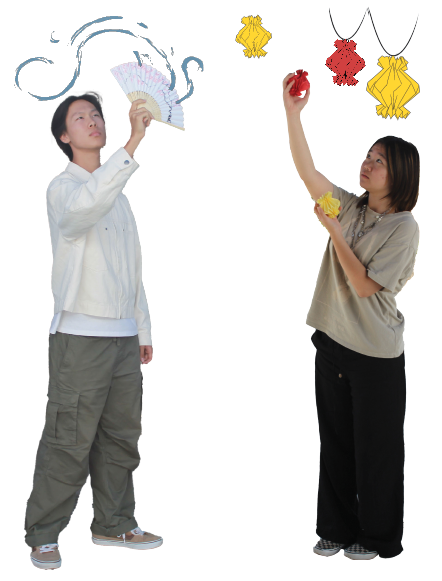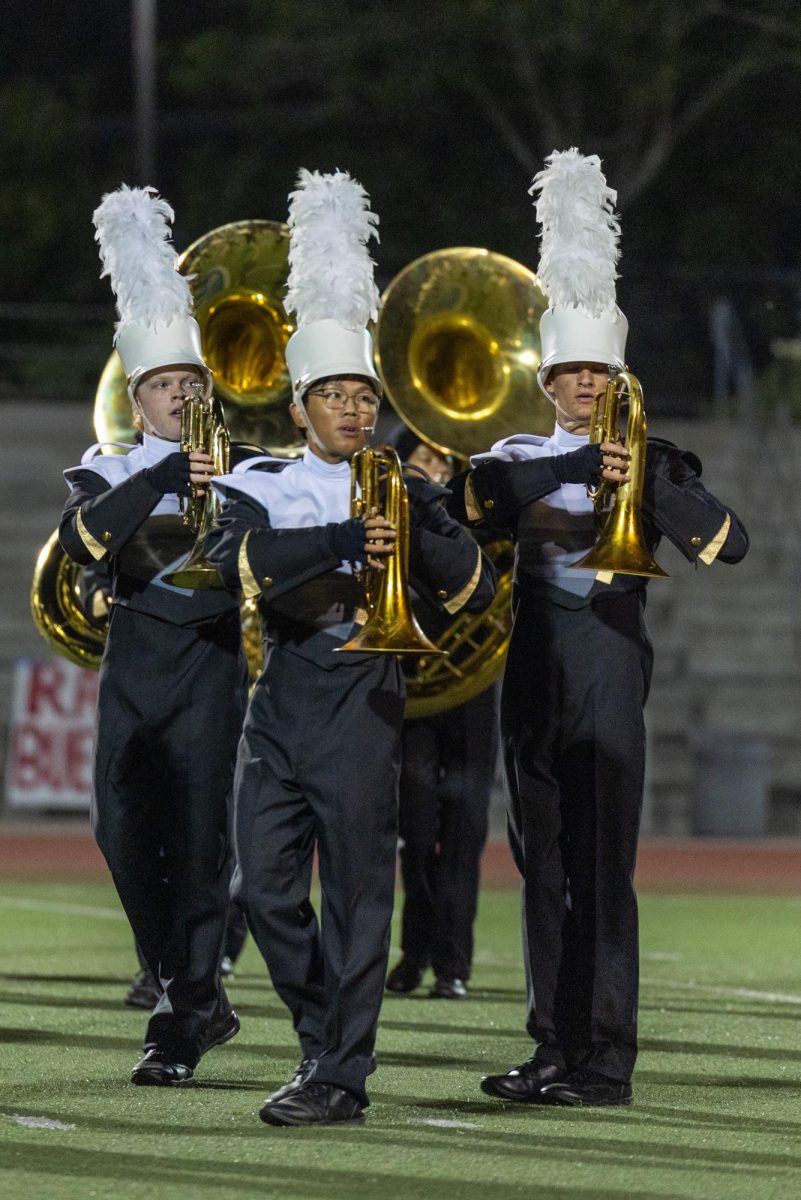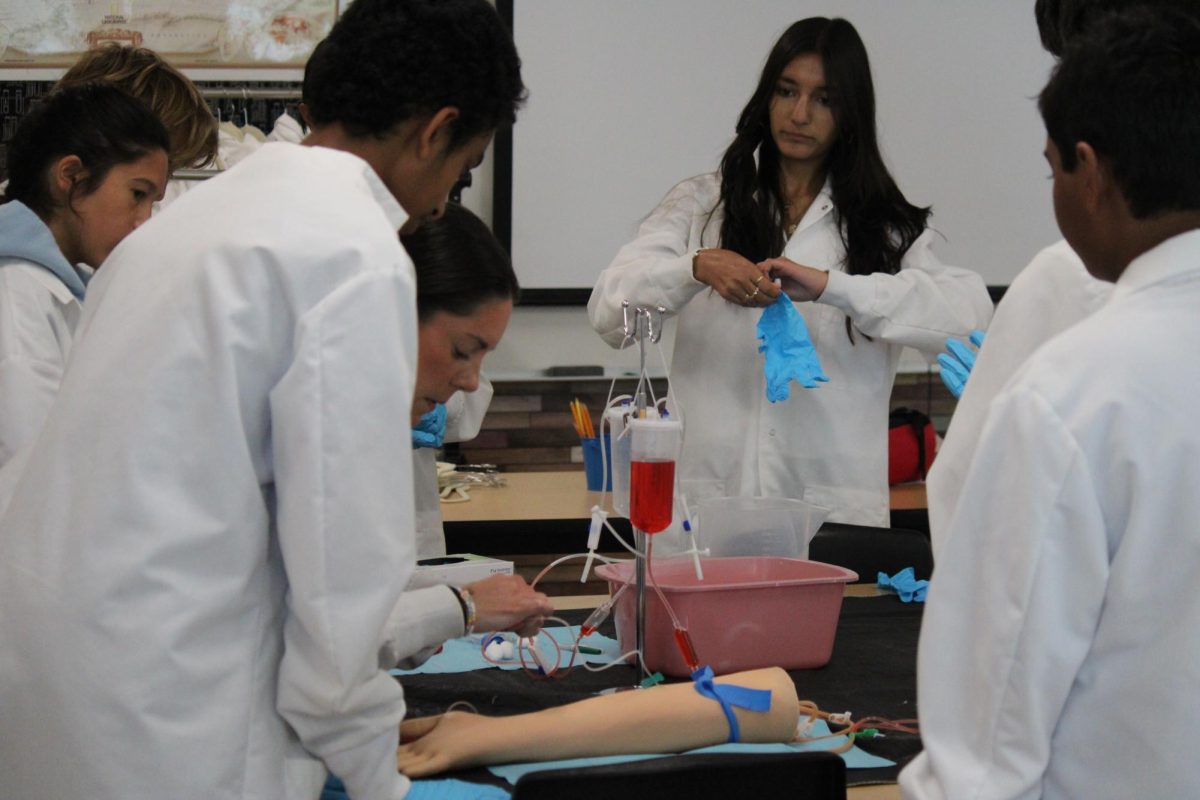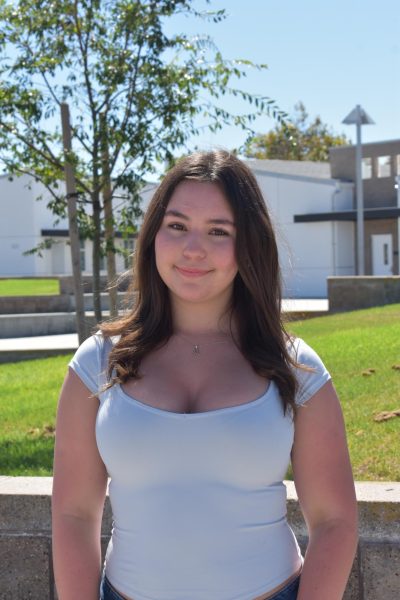Transitional Kindergarten (TK) is rebranding as Universal TK across California. The TK-12 Education Trailer Bill (AB 130) will be fully implemented by the 2025 school year, allowing all four-year-olds across Califonia access to TK. TK has been implemented in California schools for the past 14 years, transitioning students from preschool to kindergarten. According to Rolling Hills TK teacher Jackie Sweet, this extra year before kindergarten for kids born in the fall and early winter can help integrate kids into school and develop important life skills.
“The biggest focus during TK is foundational skills, such as learning how to be a student and how to follow routines and procedures,” Sweet said. “We do a lot of that through hands-on play.”
The kids do work in a classroom and participate in lunch and recess like the older students; however, they have less structured learning, more play, and flexible seating.
“When the kids come in it’s a soft start,” Sweet said. “They play, which helps us check in with any students who need a little bit more love and attention. Then we also have activity centers where students learn kindergarten-level skills like how to use a pencil, scissors, and crayons. But the biggest shift from [the old to] the new universal TK is now the focus is more play-based and foundational skills, not so much on reading, writing, and math. We focus on community building. We’re building their stamina and confidence, because we want them to feel successful, loved, and safe.”
According to the report, “Building the Next Generation of Learners” by Ranae Amezquita and Dr. Dean Tagawa, TK helps kids get a head start on learning and the support that they need.
“[They] show higher grades in work effort and socioemotional skills on report cards,indicating that the students have an increased readiness of non-cognitive measures,” Amezquita said.
In addition, special education needs in children can be identified earlier by enrolling in TK.
“Studies have shown that special education needs, particularly for autism and speech/language impairments, are identified earlier for students who enroll in TK,” Amezquita said. “TK may provide an opportunity to improve these students’ outcomes through earlier interventions.”
Going to TK also gives children an environment to interact and socialize in. According to Jane Jeon, the mother of a child who went to TK at Rolling Hills Elementary School, her daughter thrived in TK by connecting with others and learning independence.
“She enjoyed making new friends and loved her teacher,” Jeon said. “She never cried at drop-off and sometimes forgot to say goodbye because she was so excited to go. She enjoyed the social activities and was very proud when she came home with new artwork and letter-writing work. She also became more confident playing in groups and independently.”
The extra year of schooling for kids can help with the cost of childcare for working parents. Families will be able to receive financial aid which can greatly benefit households, as according to KidsData.org, the average price for preschool in San Diego County is $12,740 per year.
“TK is the only option that will be universally available, and free of cost, for all four-year-old children as part of California’s public education system,” The California Department of Education said, “Part of UPK (Universal Pre-K) is also the Expanded Learning Opportunities Program (ELO-P), which helps to create a full-day program that meets the needs of families.”
Many parents, like Heidi Burnett, mother of a Rolling Hills Elementary School former TK student, that have sent their children to TK noticed positive changes in their child after completing TK.
“My son loved his teacher and is still really close with many of the friends he made in TK,” Burnett said. “I find that now he is further along academically compared to students that didn’t do TK.”





![Jolie Baylon (12), Stella Phelan (12), Danica Reed (11), and Julianne Diaz (11) [left to right] stunt with clinic participants at halftime, Sept. 5. Sixty elementary- and middle-schoolers performed.](https://wvnexus.org/wp-content/uploads/2025/09/IMG_1948-800x1200.png)
